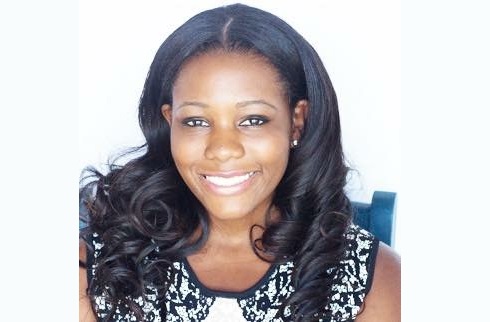

Sheridan Long‘s foray into the insurance industry began when she finished her degree in public policy and international affairs at the University of North Carolina at Wilmington. She started with a consulting and sales role, working with personal lines clients.
After amassing sales experience and product knowledge, she moved to focus on commercial lines, taking an account executive role at Hub International Northeast. Since then, she has been instrumental in building and expanding Hub International’s senior living facility client base.
Working her way up, she recently took a new position as the senior marketing officer at Hub Healthcare Solutions. In this role, she forges and maintains relationships with the healthcare markets while also creating tools and providing resources for account executives who are just starting to navigate the market.
Insurance Business caught up with Long (pictured) to talk about her career and the most significant obstacle she has had to overcome. In this interview, she also shares how insurtech is changing the game in insurance.
Insurance Business: What do you love the most about your current organization? What makes it different from other firms in the same space?
Sheridan Long: Hub’s size and market position are really unique. While we’re a Top 10 brokerage, we’re not so large that bureaucracy squashes creativity. Since the organization expands significantly via brokerage acquisition, we have in-house experts in any niche you can think of. If someone is looking to create something unique in the marketplace, there’s almost always someone internally to put your brain together with and push it forward.
IB: Please tell us briefly about your role in your company.
SL: My role is two-fold. I find new market relationships and maintain existing market relationships in the senior care space. Additionally, I place new business for Hub Northeast’s largest NB producer, Gerald Stoll.
IB: What has been the biggest obstacle you have had to overcome as an insurance professional and what did you do to conquer it? What lessons have you learned?
SL: The biggest obstacle to my success in the insurance industry has been resistance to change. When I began in 2010, I realized very quickly the insurance industry respects tradition— we don’t adopt change rapidly like some other industries.
IB: You have been in the insurance industry for about 10 years now — what significant changes in the industry have you witnessed during your career?
SL: Insurtech is the biggest and most amazing wave to hit the industry since I’ve been here. You’ve got Silicon Valley giants and huge New York fintech groups pouring unbelievable amounts of time and money into the creation of insurance products.
Our industry is one of the most reliably profitable financial based areas — and has been for a long time. Now that we are drawing so much attention from the tech world, I completely expect new products and pipelines to grow efficiency and opportunity within the industry. Even now, in the early phases, you’re seeing insurtech seeds grow into major entities and take real market share.
IB: What are some of the challenges in the healthcare markets of insurance?
SL: Risk management is the major challenge in senior living. The cost of liability insurance has become so great that operators and their brokers must invest in loss control.
IB: Do you believe that a glass ceiling exists and hinders women from getting opportunities in the insurance space? What should women do to break through?
SL: Yes, I absolutely believe a glass ceiling exists in the insurance industry. Women have to work much harder to be recognized for their efforts. The recent NYC compensation law—which prohibits employers from asking about prior compensation when offering employment is a step in the right direction. It’s also important that women who break through the glass ceiling reach out to mentor other women. The mentorship of our CSO, Keti Mehta was essential in providing the encouragement and wisdom I needed to perform at my best.
IB: What are some effective solutions you’ve seen in getting young people to enter and stay in insurance?
SL: Promote and pay based on results and productivity—not based on seniority. Millennials are competitive and expect to be rewarded for driving success. If a millennial is your top producer, your top AE, or your top underwriter, pay them accordingly and allow them to lead others to success. When millennials deliver and don’t receive leadership opportunities and increased compensation in return, we will often seek other opportunities.
IB: What is your philosophy in life? How do you apply that in your career as an insurance professional? Life is too short.
SL: We get a relatively narrow window in time to leave our footprint. I put my best foot forward in everything that I do - every project, every task, every interaction. I wear my heart on my sleeve. And I laugh!
IB: Please tell us something your colleagues might not know about you.
SL: I love to travel! I have visited 10 countries—not many, considering the length of my to-go list. Some of my favorite cities are Marrakesh, Taipei, and Paris (of course). The next trips I’m planning are to Cape Town, Tokyo, and Seoul.
IB: If you were not working in the insurance space, what would you be doing now?
SL: Definitely tech development. I’m an “idea person”. I see the way something works and instantly begin thinking of how it will evolve. Maybe even insurtech?
IB: If you could witness one event (past, present or future) what would it be?
SL: I would witness how the Earth was created and how mankind evolved.
Long takes a spot in Insurance Business’s Hot 100 list for 2019. These 100 insurance professionals have set the industry on fire with their innovative, entrepreneurial, pioneering spirits.
